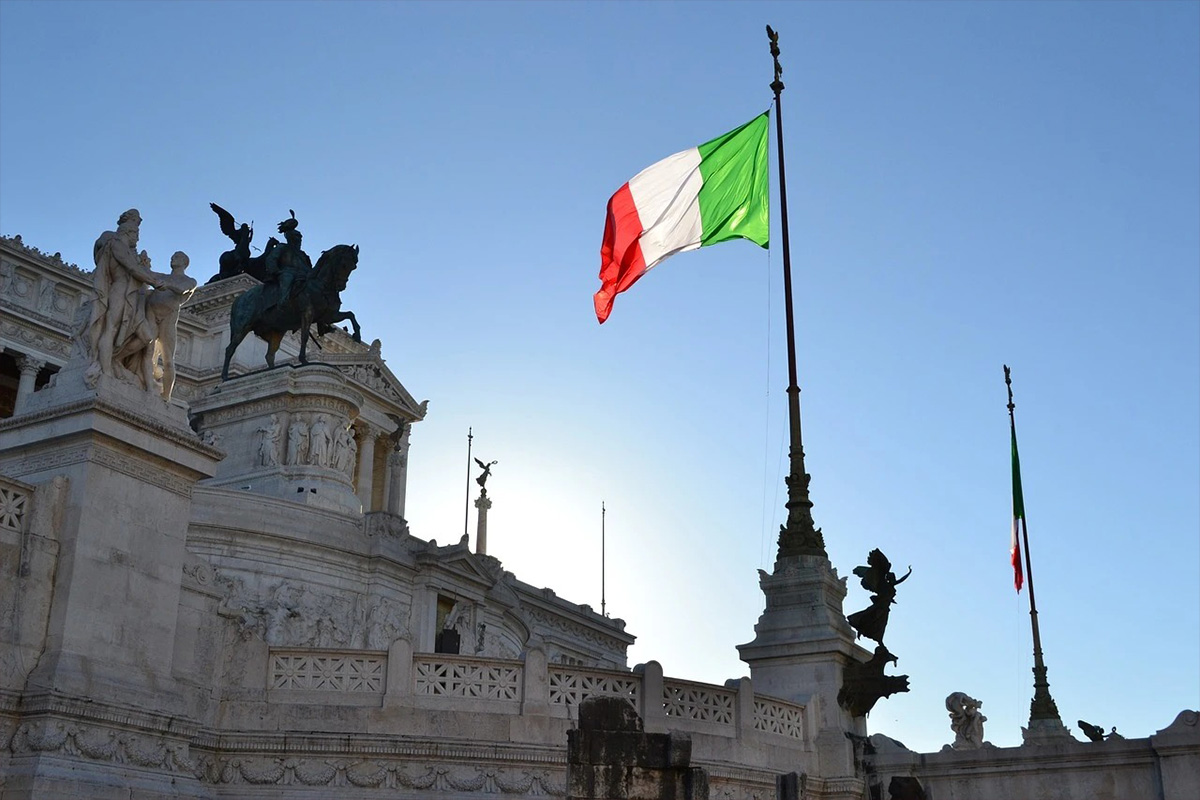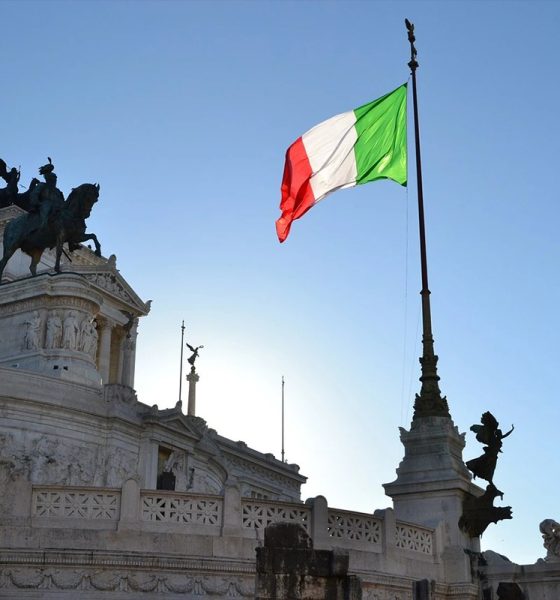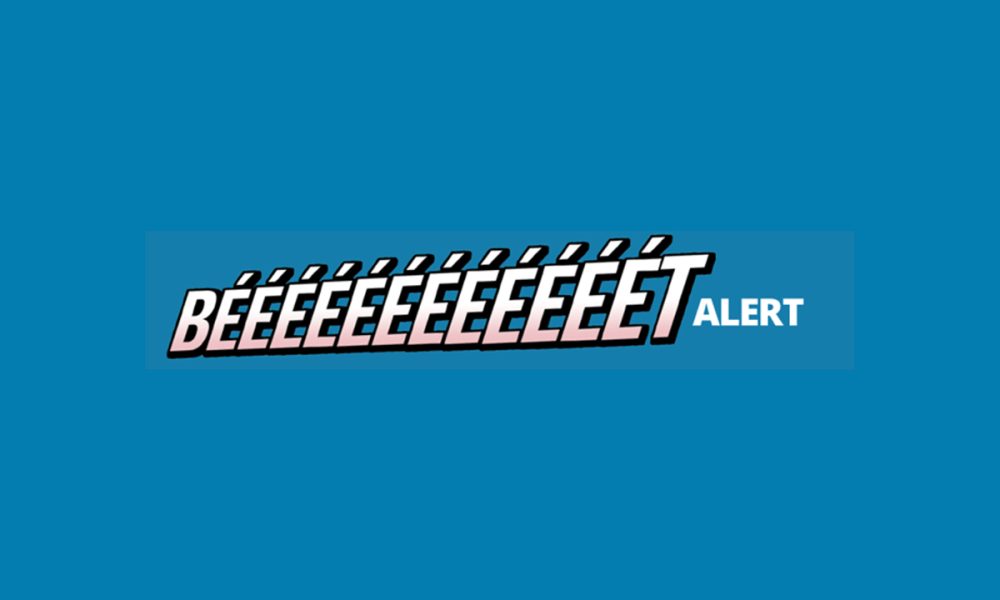

Compliance Updates
EGBA Expresses Concern Over New Italian Decree Reorganising Online Gambling License Fees
The European Gaming and Betting Association (EGBA) has expressed concerns over Italy’s decree on online gambling.
The decree is currently being discussed by the Council of Ministers and would trigger a reorganisation of the gambling sector if passed. This would include changes to the licence fees, the introduction of a prohibitive licensing regime and additional fees. The EGBA is concerned that these would require an investigation to ensure that Italy is complying with EU law.
Maarten Haijer, Secretary General of EGBA, said: “The proposed increase in licensing fees is unparalleled and unheard of. It would make Italy the most expensive country in Europe to obtain an online gambling licence. Together with the other restrictions in its gambling market, such as the local advertising ban, this proposed fee hike will make Italy a closed shop for new market entrants and lead to an exodus of existing licensees. This also raises concerns on compliance with EU law. We urge the Council of Ministers to reconsider the proposal, as it will make the country’s online gambling black market problem even worse, not better.”
The EGBA also suggested that the new decree could raise the licence fee from €200,000 ($219,377) up to €7m despite the previous proposal rejecting a raise to €2.5m.
One of the main concerns in this regard is the prevalence of black market gambling that is available in Italy. According to the EGBA, this market is valued at over €1bn annually, with illegal sites offering no protection to players.
BetAlert
Brazilian Institute of Responsible Gaming Launches BetAlert

The Brazilian Institute of Responsible Gaming (IBJR), an entity that brings together the main operators in Brazil and worldwide, announces the launch of BetAlert, an unprecedented tool that allows any user to quickly and easily verify whether the betting site they intend to use is regulated by the Federal Government. The initiative is part of the “No More Elephant in the Room” campaign, which includes a TV commercial, radio spots, airport panels, and social media actions. Its goal is to guide bettors in choosing platforms regulated by the Secretariat of Prizes and Betting, under the Ministry of Finance.
Conducted between April and May 2025 with 2000 adult bettors, research by the Locomotiva Institute served as the basis for the economic study prepared by LCA. The survey estimates that between 41% and 51% of the Brazilian betting market still operates illegally. The activity of these irregular platforms reflects an alarming fiscal impact: between R$ 1.8 billion and R$ 2.7 billion went uncollected in just three months – which could reach R$ 10.8 billion in one year.
Named BetAlert (https://betalert.com.br/), the technology runs on an exclusive microsite that offers an interactive experience for those looking to bet safely and obtain tips on how to differentiate regulated betting sites from illegal ones. Simply enter the URL of any betting site, and the tool immediately indicates whether the platform is licensed. If it is regulated, the following message appears: “All good. This betting site is authorized by the Federal Government.” If not, the system displays a creative alert integrated into the campaign by agency We: “Attention. This betting site is not authorized by the Federal Government,” reinforcing the illegality of the platform consulted.
“IBJR greatly values the use of tools and technologies that contribute to spreading knowledge about the sector. BetAlert is extremely important, and we hope it will be widely used by bettors and Brazilian society. Our goal is to ensure that people have access to all the benefits of regulation, the core of which is the safety of those who bet,” said Fernando Vieira, Executive President of IBJR.
The post Brazilian Institute of Responsible Gaming Launches BetAlert appeared first on Gaming and Gambling Industry in the Americas.
Compliance Updates
German Betting Association Warns of Rise of Black Market Gambling

Only one in twelve German betting websites is legal, warns the German Sports Betting Association (DSWV) at the start of the UEFA Champions League season: there are at least 382 illegal German-language websites offering sports betting compared to just 34 legal betting sites. The DSWV refers to a corresponding evaluation by the Joint Gambling Authority of the federal states (GGL) for the year 2024.
“Online, it’s 11:1 in favor of the black market and that puts players at risk. In the legal sports betting market, players benefit from guaranteed player protection, reliable payouts and tax revenue for the common good. Illegal providers in the black market, on the other hand, do not adhere to any rules, offer no security and have a higher risk of gambling addiction,” Mathias Dahms, President of the German Sports Betting Association (DSWV), said.
With the start of the UEFA Champions League, the second most-bet competition in Germany after the Bundesliga, the volume of betting has skyrocketed.
“Players need to be particularly vigilant at this time of year so that they don’t accidentally end up with illegal providers. This is another reason why it is important that the legal providers are present with perimeter boards and TV advertising during the Champions League matches,” Dahms said.
What many players do not know is that they are not only taking a higher risk, but are also liable to prosecution. Participating in unauthorized sports betting can result in a prison sentence of up to six months or a fine.
How to recognise legal betting providers:
• Only legal providers may advertise on stadium boards and on television during sporting events such as the Champions League or Bundesliga.
• Only providers on the GGL whitelist are legal in Germany. The list is publicly available at www.gluecksspiel-behoerde.de/whitelist.
• Legal providers have a clearly visible GGL permit logo on their website.
• Only legal providers offer comprehensive player protection measures such as deposit limits, player bans and monitoring of conspicuous gaming behavior.
• Only legal providers contribute to the funding of support services for gamblers at risk of gambling addiction, such as the anonymous and free hotline 0800-1372700 or the website check-dein-spiel.de of the Federal Institute of Public Health (BIÖG).
• With legal providers, payouts are guaranteed and the stakes are properly taxed.
“It is in the common interest of regulators, providers and players to strengthen the legal market and push back the black market. This is the only way to ensure player protection, integrity and tax revenues,” Dahms said.
The post German Betting Association Warns of Rise of Black Market Gambling appeared first on European Gaming Industry News.
Compliance Updates
Ukraine’s PlayCity Begins Issuing Licenses to Gambling Operators

The Cabinet of Ministers of Ukraine has adopted a resolution on licensing conditions in the gambling sector, which allows the state agency PlayCity to begin issuing licenses to gambling organisers and confirming previously issued ones.
“As a result, this will generate almost UAH 50 million (1.028.956,00 Euro) in additional revenues to the state budget from license fees in the near future,” PlayCity reported on Telegram.
It is noted that to obtain a license, impeccable business reputation, lack of ties with the aggressor state and implementation of all necessary mechanisms for responsible gaming are required.
PlayCity clarified that such requirements apply to both those who are only applying for a license and current licensees. Current licensees have two months to submit documents to PlayCity on compliance with the requirements.
The message emphasises that if the requirements are not met, sanctions in the form of fines or termination of the license may be applied to the organisers of gambling.
“The state will direct additional budget revenues to strengthen defense capabilities, in particular, to purchase drones for the Defense Forces,” PlayCity added.
The post Ukraine’s PlayCity Begins Issuing Licenses to Gambling Operators appeared first on European Gaming Industry News.
-

 gaming3 years ago
gaming3 years agoODIN by 4Players: Immersive, state-of-the-art in-game audio launches into the next generation of gaming
-
EEG iGaming Directory9 years ago
iSoftBet continues to grow with new release Forest Mania
-
News8 years ago
Softbroke collaborates with Asia Live Tech for the expansion of the service line in the igaming market
-
News7 years ago
Super Bowl LIII: NFL Fans Can Bet on the #1 Sportsbook Review Site Betting-Super-Bowl.com, Providing Free Unbiased and Trusted News, Picks and Predictions
-
iGaming Industry8 years ago
Rick Meitzler appointed to the Indian Gaming Magazine Advisory Board for 2018
-
News7 years ago
REVEALED: Top eSports players set to earn $3.2 million in 2019
-
iGaming Industry8 years ago
French Senator raises Loot Boxes to France’s Gambling Regulator
-
News7 years ago
Exclusive Interview with Miklos Handa (Founder of the email marketing solutions, “MailMike.net”), speaker at Vienna International Gaming Expo 2018













